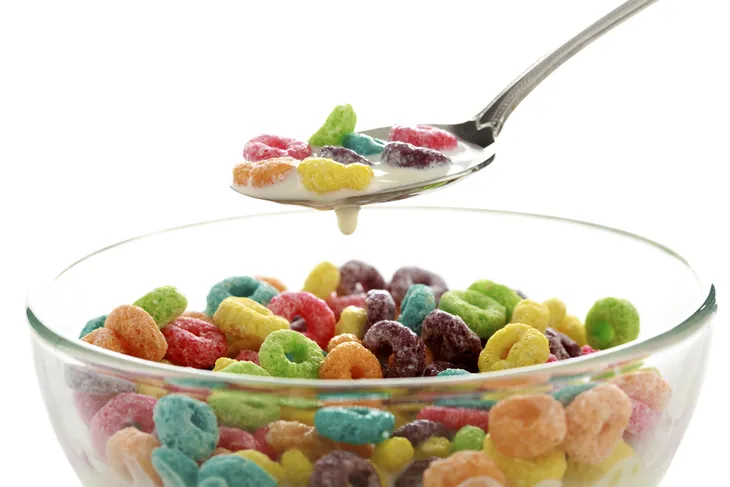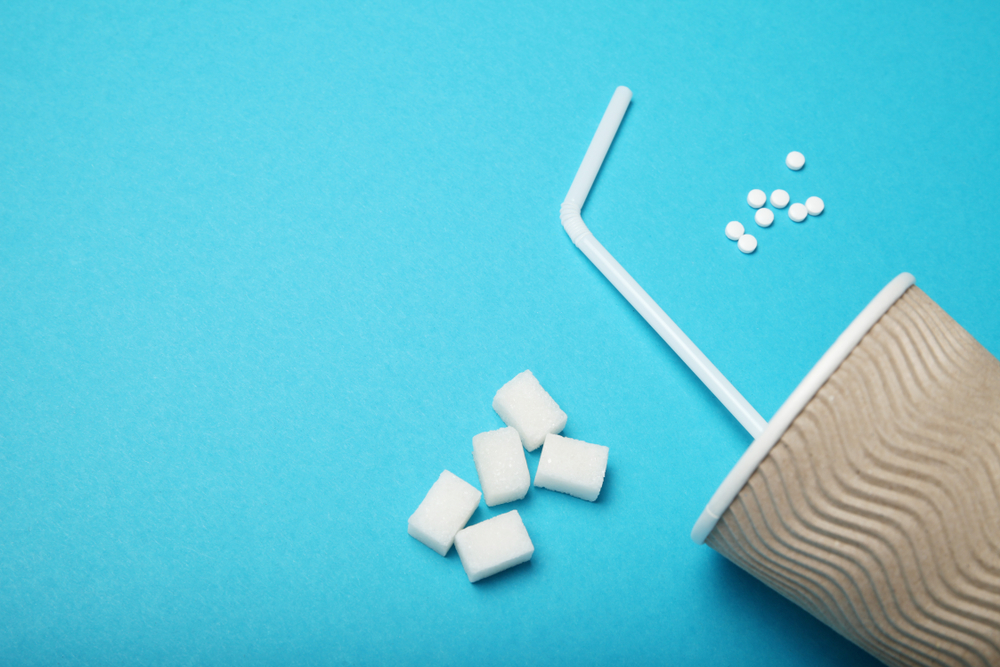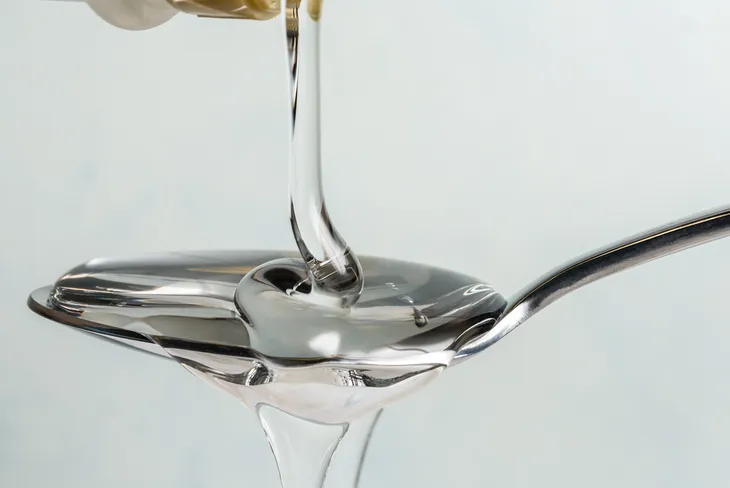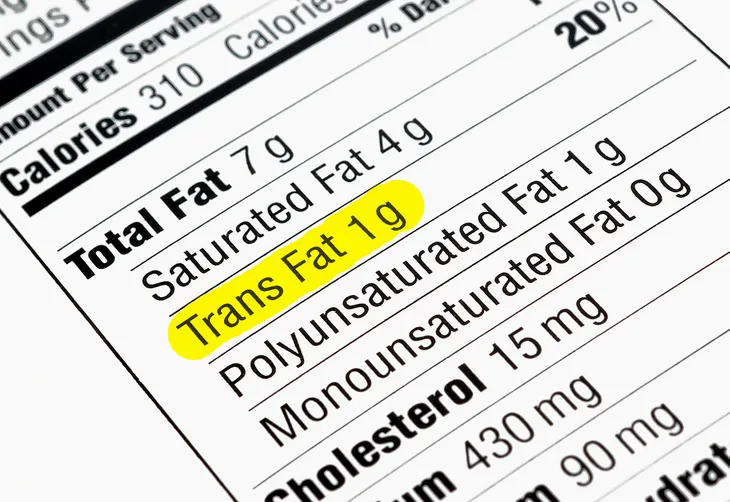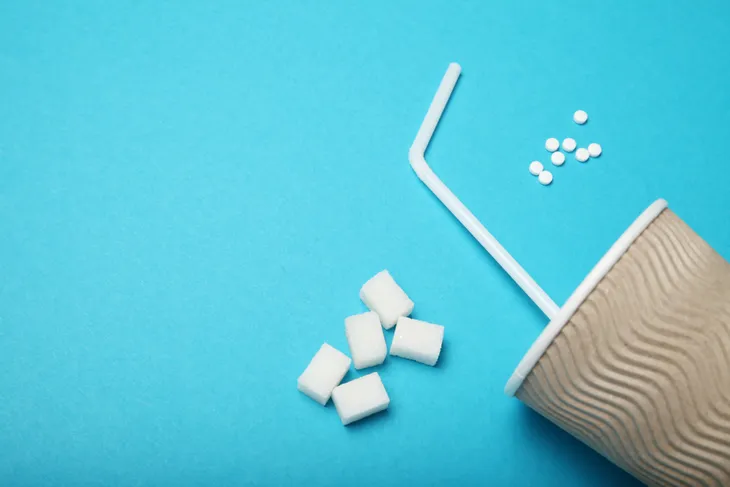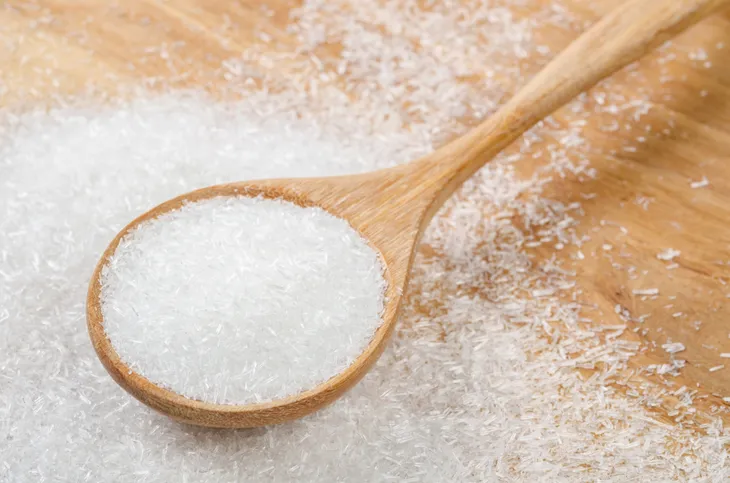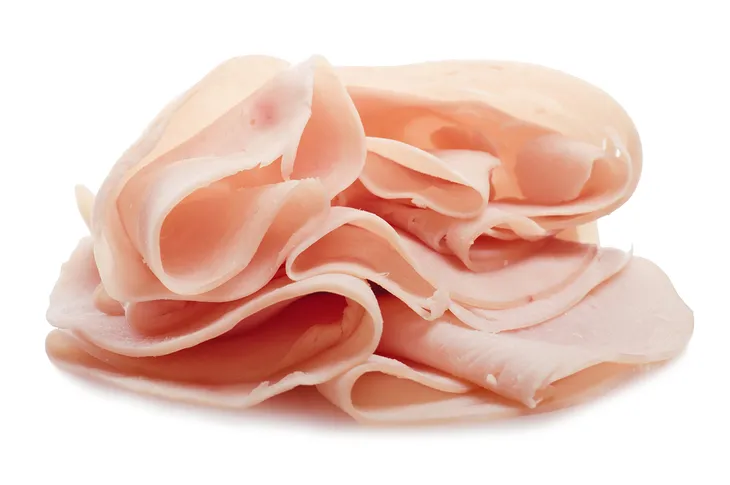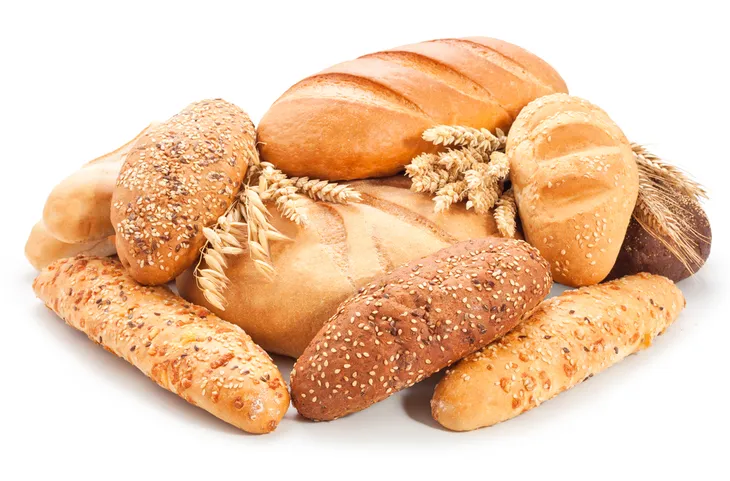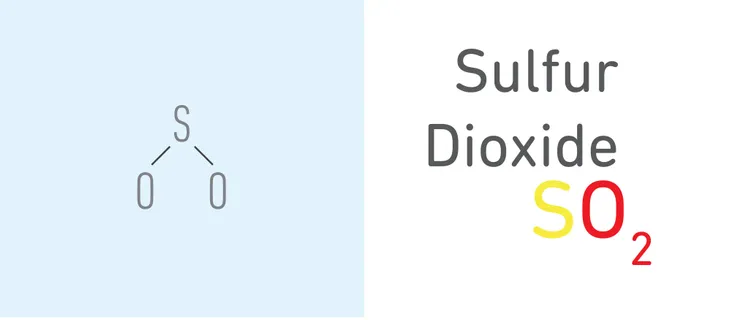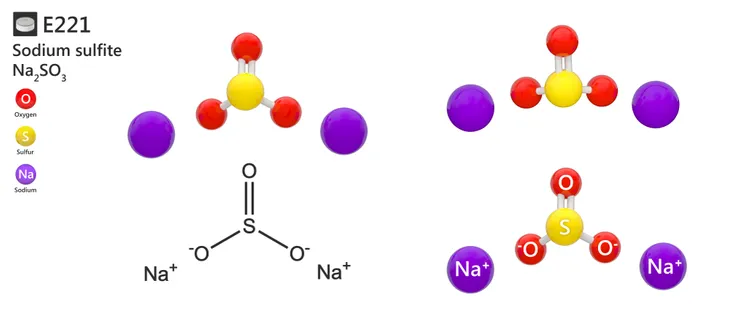If you live in North America, it’s difficult to avoid processed cereals, snacks, and processed convenience foods in your diet. However, a diet high in processed foods exposes your body to a swarm of evil food additives, all of them artificially engineered and all of them bad for your health.
When you can, opt for fresh foods. However, when you can’t avoid processed convenience, here are the top ten evil food additives to look out for…
High Fructose Corn Syrup
High fructose corn syrup (or HFCS) is not only a mouthful to say, it’s also pretty treacherous on the waistline as well, making up the bulk of empty calories in processed foods, and HFCS is an ingredient in pretty much all of them! Not only does this additive—found primarily in processed snacks, breads, salad dressings, cereals, and candy—raise LDL cholesterol (bad) levels; it aids weight gain, and contributes to type 2 diabetes.
Trans Fat
The dreaded trans fat got a lot of attention a few years back prompting consumers to scour shelved foods for this (literally) heart-stopping substance. However, almost all deep-fried fast foods contain the bad fat that causes increased LDL (or bad) cholesterol levels, and in turn leading to heart disease, diabetes, chronic inflammatory disorders, and strokes. Look for trans fats in any deep fried goodies, chips, crackers, baked treats, or any foods made with margarine or partially hydrogenated vegetable oil.
Aspartame
Aspartame, which is the chemical combination of E951, is rife in diet, no fat, and sugar free-labeled soda, gum, sweets, cereal, yogurt, and a plethora of other convenience foods and beverages. While it may mask itself as a dieters ally, Aspartame is a neurotoxin and carcinogen, which basically means that it’s a toxic sweet poison that’s been linked to brain tumors, diabetes, multiple sclerosis, Alzheimer’s, anxiety disorders, and migraines.
Food Dyes
Blue #1 and #2 (or E133), red #40 (or E124), yellow #6 (or E110), and yellow tartrazine (or E102)—most of these common, artificial food dyes have been banned in European countries for causing brain and behavioral issues, thyroid and adrenal cancer, and chromosomal damage. If you take the time to read the box, you’ll find them hidden in North American sweet snack foods, boxed macaroni and cheese, cereal, soda, energy drinks, and ice cream.
Monosodium Glutamate
MSG, the popular amino acid that’s so flavor-enhancing that it literally makes you see spots. I’m not kidding; this popular excitotoxin—added to soups, salad dressings, and restaurant entrees—will eventually cause disorientation, impaired vision, headaches, and neurological damage if consumed in excess.
Sodium Nitrate
Sodium nitrate has put a black smear on processed lunch meats—like bacon, ham, hot dogs, and other processed meats—for its carcinogenic effect on the human digestive system. Sure, it adds to the preservation time and boosts color in these foods, but it also causes liver and pancreatic damage.
Potassium Bromate
A common additive that “fluffs” or boosts the volume of bread products made with refined, white flour, potassium bromate might give that crusty roll extra softness in the middle. However, trace amounts of potassium bromate led to several cancer diagnoses when it was fed to animals during food testing studies.
Sulfur Dioxide
Sulfur additives (or E220) is considered so toxic that the U.S. Federal Drugs Administration (FDA) actually banned its use in soda, beer, juice, vinegar, and dried fruits. Once sprayed on raw fruits and vegetables for preservation at the grocery store, sulfur dioxide has been linked to causing hypotension, conjunctivitis, asthma, bronchitis, emphysema, and cardiovascular disease.
Sodium Sulfite
The preservative also listed as E221 (or sulfites) on wine and foods containing processed dried fruit, is a prime cause of food sensitivities and associated headaches, rashes, and asthma. Those with severe allergies can actually suffer anaphylaxis (or restricted airways) and death due to consuming foods containing sulfites.
BHA and BHT
Butylated hydroxyanisole (BHA) and butylated hydroxytoluene (BHT) are commonly added to foods to prevent spoilage as far as taste and color. You’ll find this mood-altering, cancer-causing additive in boxed cereals, chewing gum, some frozen meats, jello, and potato chips made with vegetable oils or snacks made with shortening and lard.
